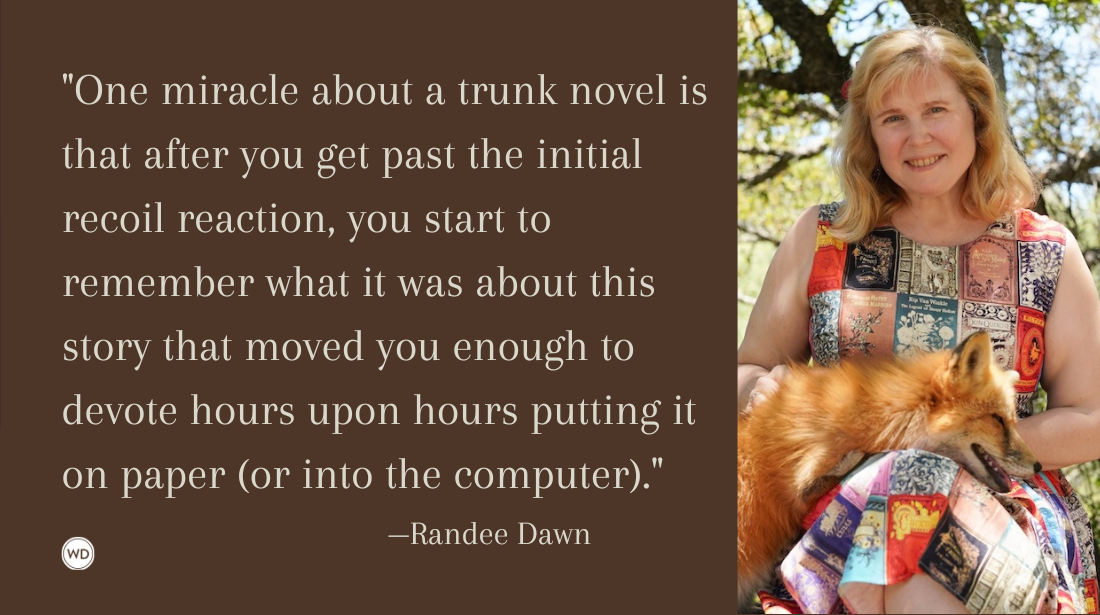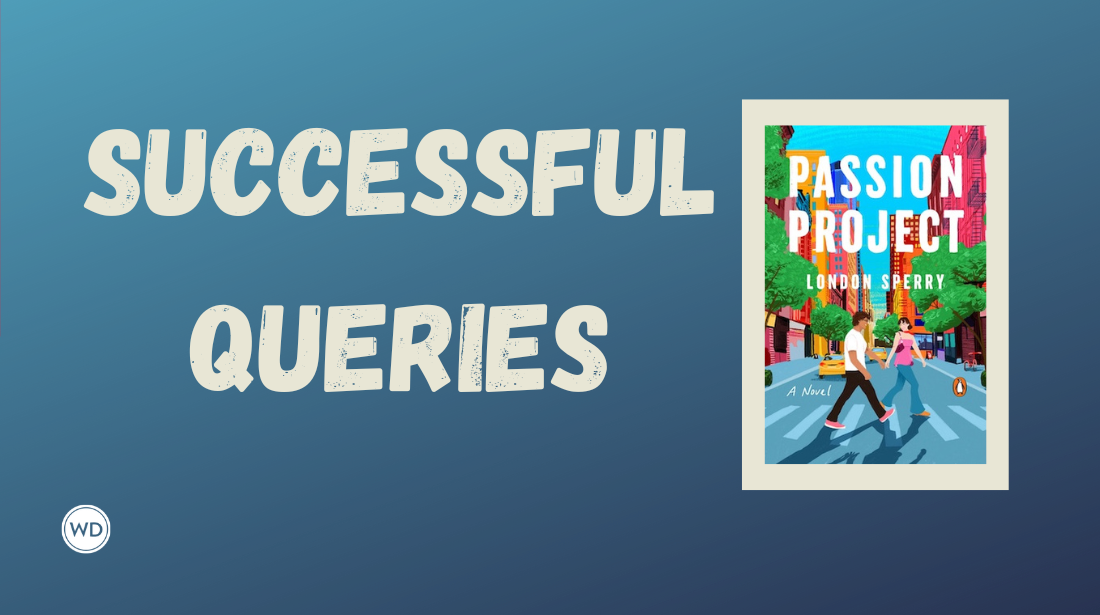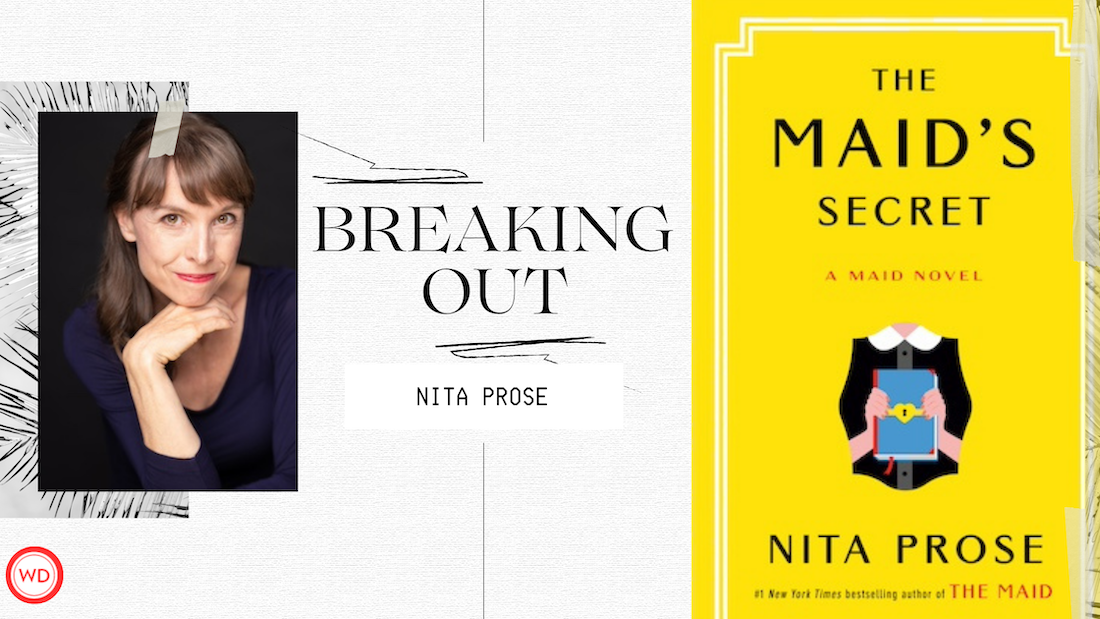How Literary Agents Agree and Differ: Lessons From the Annual Writer’s Digest Conference
There are some things all agents want to see from writers, but they don’t agree on everything. Here’s how literary agents agree and differ on what they want from writers.
There are some things all agents want to see from writers, but one thing was abundantly clear at the 2019 Writer's Digest Annual Conference: They don't agree on everything. In this post, I've collected how literary agents agree and differ on what they want from writers.
Let's get this out of the way first: Literary agents (like acquisitions editors) are human beings. They're not magical creatures that emerge from and disappear into the void to sell manuscripts. They do love to read great writing and work tirelessly to advocate for their clients. And if they're ethical, they don't get paid until they sell their client's work. So in that sense, I guess they are a little magical, right?
That said, they are still human. And human beings have different personalities, different methods for getting their work done, different strengths and weaknesses, and different preferences for their clients and potential clients. That's the one thing that was abundantly clear to me during the 2019 Writer's Digest Annual Conference.
In this post, I've attempted to share a few of the things that agents seem to agree upon and where they can sometimes differ.
*****
Missed the Writer's Digest Annual Conference in New York City? No problem! You can join us in October in Pasadena! Click here to learn more.
*****
How Literary Agents Agree
- 90,000 words is the sweet spot for first-time novelists. This message was pounded again and again by agents, editors, and even writers. A little over or under (meaning 10,000 words max in either direction) isn't a deal breaker, but more than that can be. Yes, even for fantasy.
- Write from one perspective or point of view. Exceptions to this rule have been broken over the years, but remember that these are exceptions. And in most cases, these exceptions are made for novelists who've already published a novel or three.
- Keep reading good writing. This was a mantra I heard from everyone in attendance. Even literary agents stressed how they have to keep reading good writing (and not just the manuscripts in their slush piles) to keep their standards high.
- Rejections don't always mean a bad manuscript or project. Many factors can play into a manuscript getting rejected. Maybe the market is over saturated, or it's ahead of the trend. An agent may not represent your genre or already represent a book/author that's too similar.
- Use recent comparable titles. Comps should be published in the past three to five years and not be written by the mega-bestselling authors, a la Stephen King, J.K. Rowling, or Lee Child (who, by the way, was the most mentioned novelist who was not present of the conference).
- Agents (and editors) don't really know until they read your sample pages. A good pitch can get a writer's foot in the door, but agents (and editors) don't get really excited about the project until they can verify the writing is exceptional in the sample chapters or pages.
As many writers know, agents and editors won't give your work more than ten pages or so to make an impact. If you haven't got them hooked by then, it’s a safe bet you won't be asked for more material. Make sure you've got the kind of opening they're looking for with the Agent One-on-One: First Ten Pages boot camp! Click to continue.
****
How Literary Agents Differ
- Agents are your friends...except when they're just business partners. One piece of differing advice was on how chummy writers should get with their agents. Some said they should have a business relationship only, while others sound like literary BFFs.
- State your word count, title, and category up front...except when you don't. Some agents specifically ask for this information immediately, while others say they want to know about the story first and to push this information down near the "About Me" section of your pitch/query.
- Everything's on the pitch...unless it's actually on the sample pages. Some agents use the pitch or query as the first hurdle for writers to clear before requesting sample pages. Other agents told me they accept everything, because (as mentioned earlier) they don't really know until they read those sample pages whether the book has potential or not.
Bottom line: Always do as much research as you can on your specific agent's preferences before submitting or pitching. Look at their submission guidelines. Find them on Twitter (most are on there). And personalize your pitch to each agent, who is, after all, only human.
Robert Lee Brewer is Senior Editor of Writer's Digest, which includes managing the content on WritersDigest.com and programming virtual conferences. He's the author of 40 Plot Twist Prompts for Writers: Writing Ideas for Bending Stories in New Directions, The Complete Guide of Poetic Forms: 100+ Poetic Form Definitions and Examples for Poets, Poem-a-Day: 365 Poetry Writing Prompts for a Year of Poeming, and more. Also, he's the editor of Writer's Market, Poet's Market, and Guide to Literary Agents. Follow him on Twitter @robertleebrewer.








